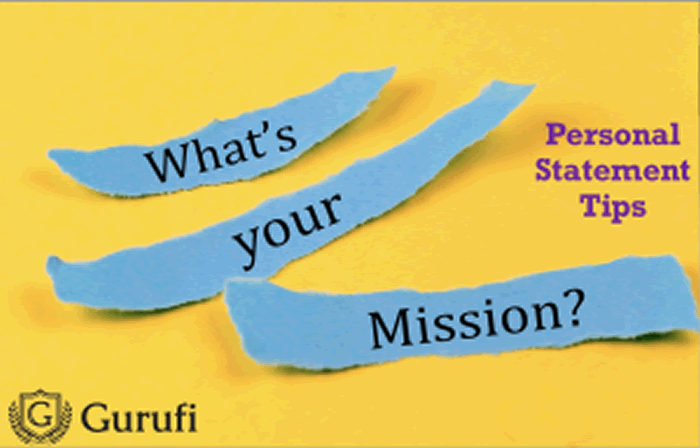
I used to teach a summer seminar to aspiring MBA, law school, and college students about how to write a powerful personal statement. While transitioning my material to a new laptop, I recently discovered my old notes on “Twenty Quick Tips for a Great Personal Statement.” For many of them, I’ve added some YouTube videos that I did, either for my channel or for GMAT Club.
- Start early and give yourself plenty of time to brainstorm, write, and revise.
- Choose a topic that is meaningful and personal to you, and that showcases your unique perspective and personality.
- Begin with an attention-grabbing opening that engages the reader and sets the tone for the rest of your essay… BUT, avoid gimmicks that are over-the-top and don’t feel authentic to you.
- Use specific examples and anecdotes to illustrate your points and bring your essay to life.
- Use descriptive language and active verbs to convey energy and enthusiasm. Identify passive constructions and “to be” verbs (am, is, were, was, etc.) and work to eliminate as many of them as possible.
- Stay focused on the main theme of your essay and avoid veering off on tangents or discussing unrelated topics.
- Keep your essay concise and focused. If no specific work limit is given, aim for a word count of around 500-1000 words.
- Use transitions to help the reader follow your thoughts and ideas.
- Proofread carefully to catch any errors in grammar, spelling, or punctuation.
- Show, don't tell. Use concrete examples to illustrate your points and bring your essay to life.
- Avoid cliches and overused phrases, and try to be original and authentic.
- Be honest and genuine, and avoid exaggerating or embellishing the truth.
- Use a strong, clear voice and avoid using passive language.
- Avoid using jargon or technical terms that may be unfamiliar to the reader.
- Use quotes sparingly and only if they add value to your essay.
- Don't repeat information that is already included in your application or resume.
- Don't be afraid to seek feedback from others, but be sure to keep your own voice and perspective in the essay.
- Use a variety of sentence structures to keep the reader engaged and add interest to your essay.
- Conclude your essay with a strong closing that summarizes your main points and leaves a lasting impression on the reader.
- Finally, don't be afraid to be yourself! Admissions committees want to get to know you, so be genuine and authentic in your writing.
For more help with your personal statement, check us out at Gurufi.com. Our personal statement editors and consultants have decades of experience helping clients get into top MBA programs. Our specialty is helping you craft compelling personal statements that move the needle in your admissions process! For questions, shoot us an email at service@gurufi.com. Check us out on Facebook, Twitter, and LinkedIn.
